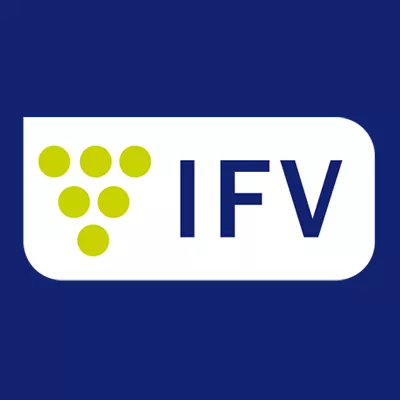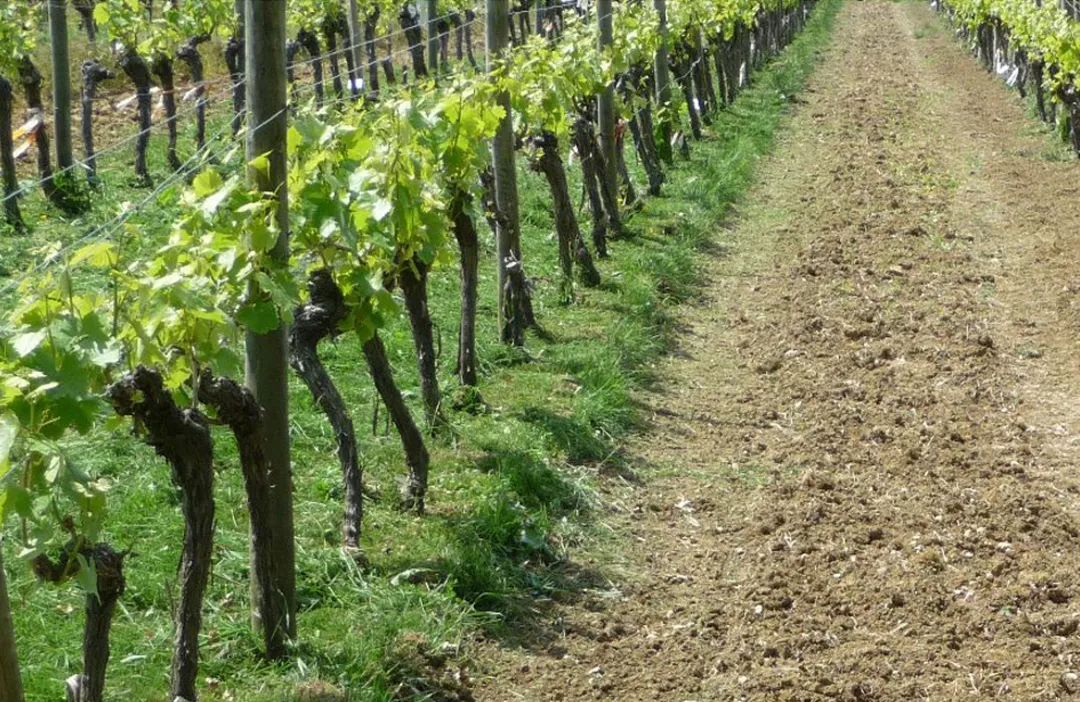General information
RDP Priority
- P1. Knowledge transfer and innovation
RDP Focus Area
- 1A: Innovation & cooperation
RDP Measure
- M16: Cooperation
Summary
This CAP-funded Zero-Herbicide project focused on organic vineyards and olive groves to test and evaluate the technical feasibility of grass-planting under rows to reduce needs for phytosanitary products. Optimal mechanical tools were also assessed. Collaboration with farmers generated new recommendations for developing grass-planting in vineyards and olive groves.
Results
The EIP AGRI Operational Group worked on a new experimental practice and produced a set of guidance material which is now available for use by farmers.
The findings of the project were presented at technical events involving around 350 people, and site-visits were organised involving more than 150 farmers.
Several exchanges have taken place with national and international stakeholders (Italy, Portugal), giving an opportunity to share the project results more broadly.

Promoter
French Institute of vine and wine*
* The Project promoter/beneficiary is an EIP-AGRI Operational Group
Funding
Total budget - 299 000 (EUR)
EAFRD - 98 000 (EUR)
National/Regional - 42 000 (EUR)
Private - 159 000 (EUR)
Resources
Documents
The zero-herbicide project
(PDF – 2.18 MB)
Context
This EIP AGRI Operational Group project was launched to offer non-chemical alternatives for vine and fruit cultivation. An increasing number of farmers are looking for environmentally friendly agricultural practices, ensuring the good quality of their soil. In the Mediterranean context, the meteorological conditions also create a need for plantations that are less water-demanding and respectful of natural conditions.
To offer solutions to these needs, the Zero Herbicide project led to an experiment of grass-planting under vine and fruit cultures. Grass-planting under vine and fruit cultures is already used by 49% of farmers in the Occitanic Region, especially between rows, but grass-planting under row was less developed. This practice involves the plantation of grass under rows of vines and fruit trees. It can be natural (by letting the grass grow by itself) or the result of planting seeds that are appropriate to the soil’s specificities. Grass prevents soil erosion and reduces evaporation. However, grass-planting can also create competition with vine plants or fruit trees by using the same soil resources to grow (water, mineral elements…).
Objectives
The aims of this project were:
- To study the impact of different planting combinations under vine and fruit-tree rows.
- To study the working practices of farmers who use the grass-planting technique.
- To compile a set of recommendations for farmers concerning this technique.
Activities
Activity 1 – Testing grass-planting under vine and fruit-tree rows, as well as new tools:
- Eight agricultural areas were chosen on a voluntary basis, to test the grass-planting under row practice. For each agricultural parcel, a different plan combination was used as well as a different technique (e.g. natural grass growing or seed-planting).
- Two larger sites were selected to test different mechanical tools that are adapted for the management of plantation rows. The idea was to understand how they might be adapted to also manage under-row grass cutting.
Activity 2 – Analysis of the test results:
- Evaluation of which species and/or method performs best under vine rows or fruit-trees (including the option of natural grass).
- Evaluation of the agronomic impact of grass-planting under rows.
- Elaboration of a study on grass management using new mechanical tools that are adapted to preserve the grass (drawing on the tests from Activity 1).
Activity 3 – Dissemination of project results:
- Students from the SupAgro University studied the dissemination of the project results, conducting a survey to identify levels of interest for the grass-planting technique within the farming community.
- Dissemination of the results at sector and technical events, including training and field visits.
- One technical guide written and video content produced.
Main results
The EIP AGRI Operational Group worked on a new experimental practice and produced a set of guidance material which is now available for use by farmers. Although there is no available data yet concerning the number of farmers that have adopted the practice, anecdotal evidence from informal exchanges with local stakeholders would imply that grass-planting is currently expanding in the region.
The findings of the project were presented at various technical events in the area, involving around 350 people. Site-visits were organised at the test farms, involving more than 150 farmers, and the project results were presented during training events.
The research institute continues to work on zero-herbicide solutions. Several exchanges have taken place with national and international stakeholders, specifically from Southern Europe (Italy, Portugal), giving an opportunity to share the project results more broadly and to promote grass-planting solutions.
Key lessons
Changing climate conditions (frost, floods, drought) can affect data collection and should be taken account of during project planning phases.
